Life is a straight line for very few women. There is much stopping and starting, making lateral moves, taking detours and U-turns. Because the world created by men allows them to pursue goals and ideas with singular focus, we women can feel that our stutter-step lives are somehow lacking, somehow “less than.”
However, Mary Catherine Bateson, who died recently at the age of 81, changed our thinking; she helped us understand the great value in the way women’s lives evolve. She called it an improvisational art form in her groundbreaking book, Composing a Life, published in 1989. “This is a study of five artists engaged in that act of creation that engages us all–the composition of our lives,” the book begins. “Each of us has worked by improvisation, discovering the shape of our creation along the way, rather than pursuing a vision already defined.” One of the five women discussed in the book is Bateson herself.
Though the book was not a blockbuster when it was first published, it became extremely influential. It’s taught in women’s studies, and leaders of the women’s movement have spoken of its impact. Admirers include Jane Fonda, Hillary Clinton, and Jane O’Reilly, co-founder of Ms. Magazine.
“Reading Composing a Life made me gnash my teeth and weep,” O’Reilly wrote in The New York Times Book Review in 1989. “I scribbled all over the margins, turned down every other page corner and underlined passages with such ferocity that my desk was flecked with broken-off pencil points.”
Read More: Joy, Sorrow, Bliss: Dr. Mary Pipher’s New Equation for Aging Well
Don’t Call It Juggling
The pressure on women to organize their lives amid conflicting social, professional, and familial demands is often called juggling, but Bateson didn’t like that term. “If I try to juggle, I will drop something: my job, my child, my husband, my community,” she said in 1996. It’s also called multi-tasking, and since her book was published, reams have been written about women’s expertise in this area.
“Having to pay attention to more than one thing at a time,” Bateson told the Los Angeles Times in 1991, “thinking about relationships, family, children, as well as about work—and not being able to turn it off—means that women have a capacity for complexity that men have not been encouraged to develop.”
Mary Catherine Bateson: Some Serious Cred
Bateson’s ability to understand the social landscape came naturally to her. Her mother was famed cultural anthropologist Margaret Mead; her father was also an anthropologist. Over her childhood, her parents documented her life as if she were one of the subjects of their studies. After earning her Ph.D. in linguistics and Middle Eastern languages at Harvard in 1963, she married J. Barkev Kassarjian, and the couple lived in several countries and had a daughter before returning to the U.S., where Bateson joined the faculty of a number of universities. She eventually wrote a biography of her parents, With a Daughter’s Eye: A Memoir of Margaret Mead and Gregory Bateson.
Composing a Life is without question her best-known work. It’s still read today. A reviewer on Goodreads wrote this in April 2020, “It’s relaxing to see life as an ongoing composition, that it need not be focused on one thing in order to be interpreted as successful. What if divided energy is what life asks of us and we just settle into that instead of feeling like we’re doing it wrong or that things should be different than they are?”
Read More: How I Found a New Career (and Started Yoga Teacher Training!) at Midlife


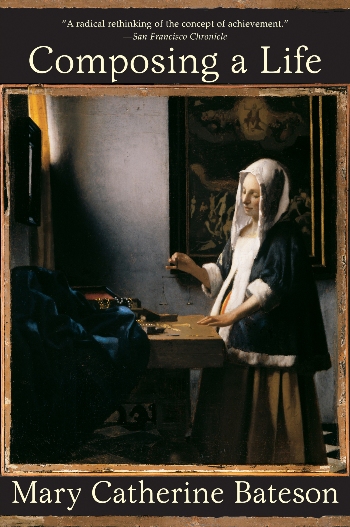
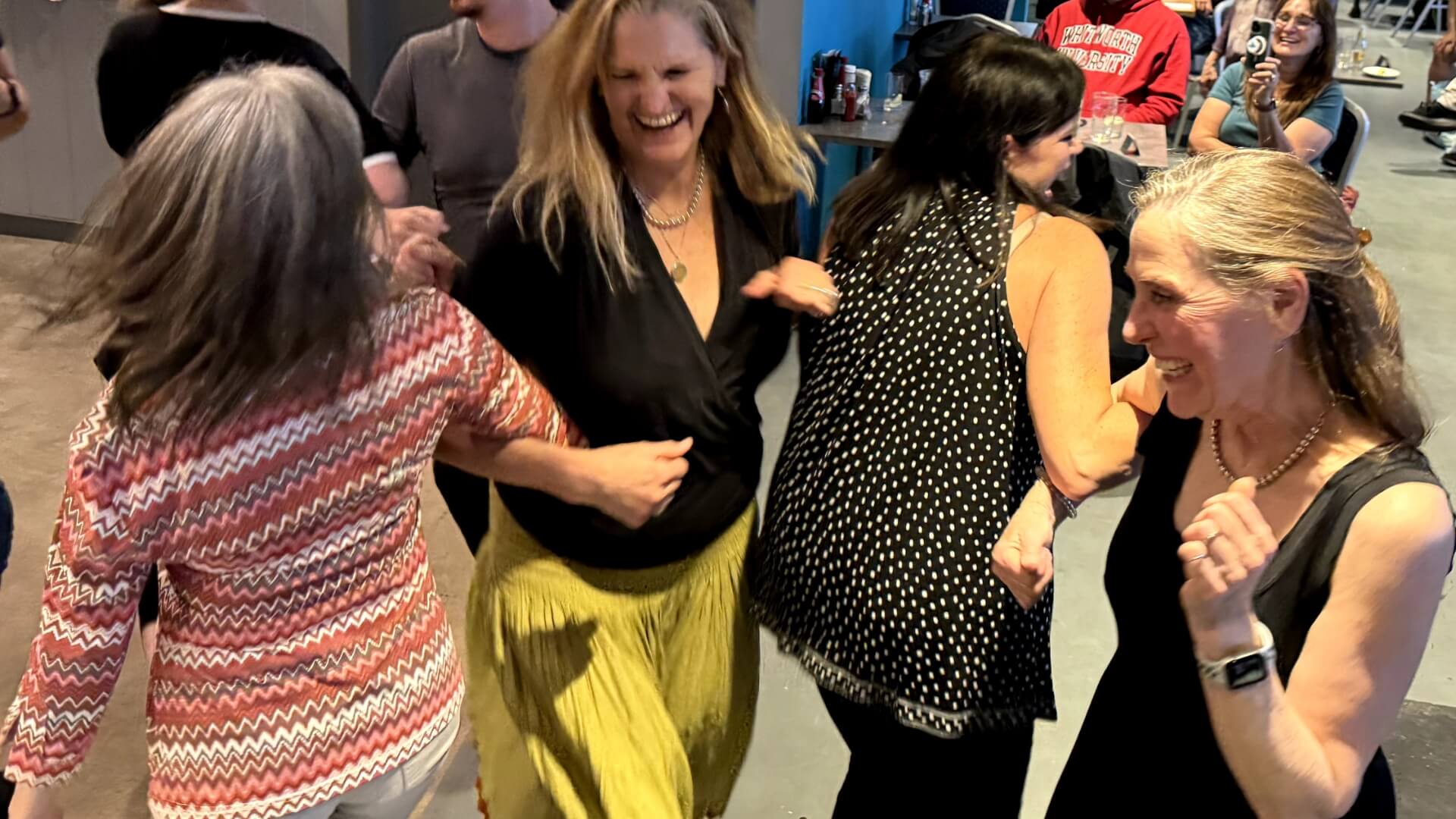
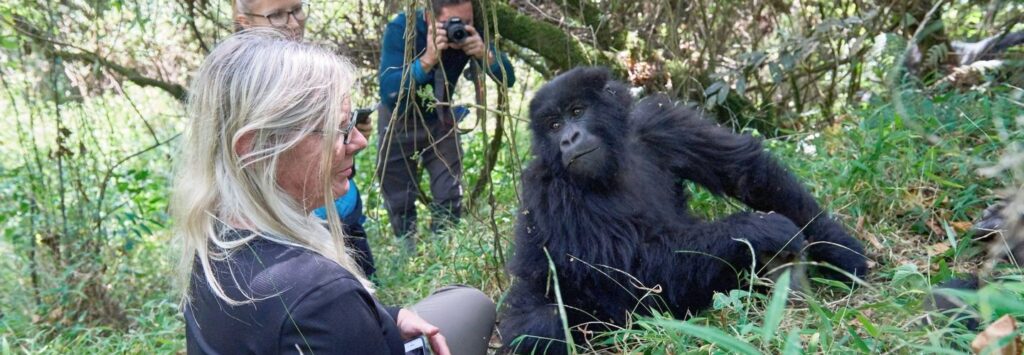


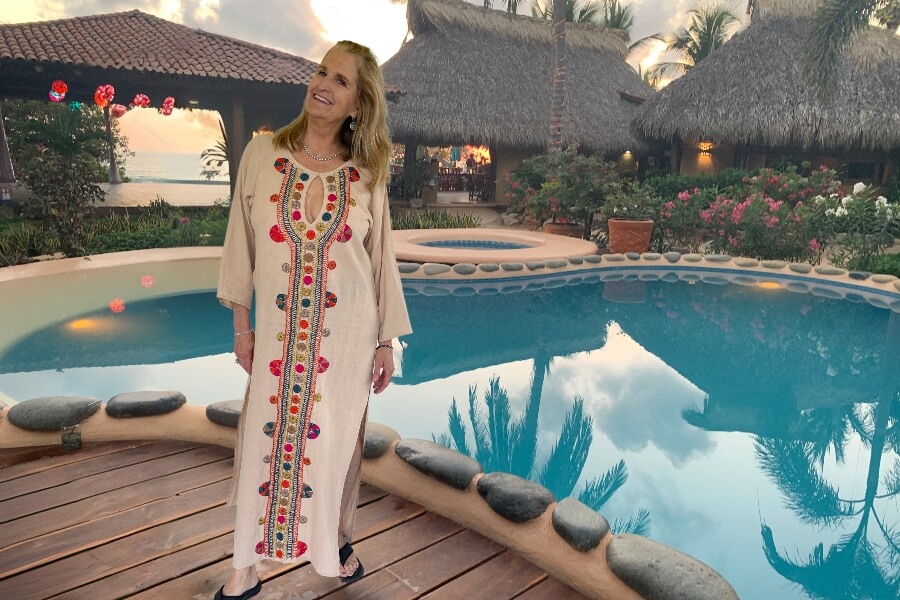




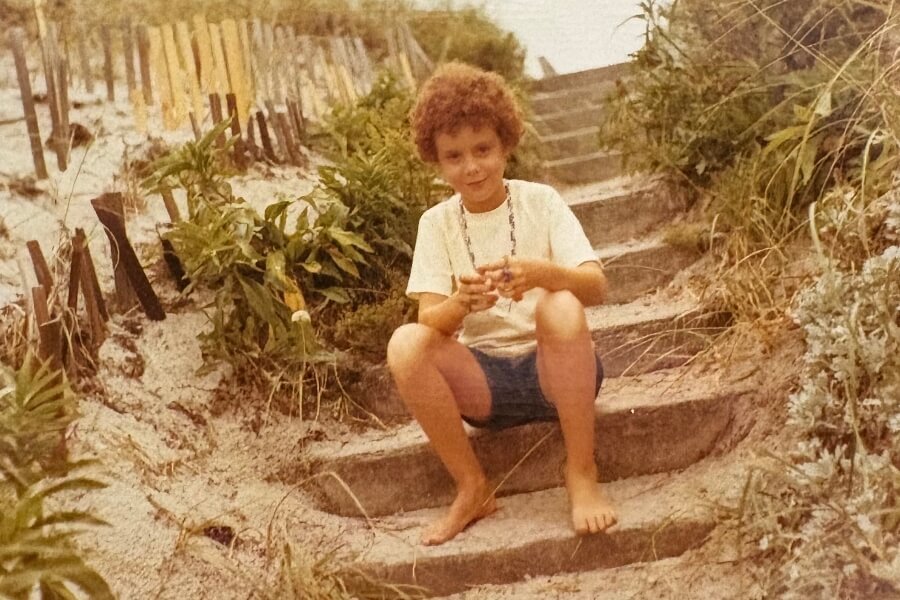











0 Comments